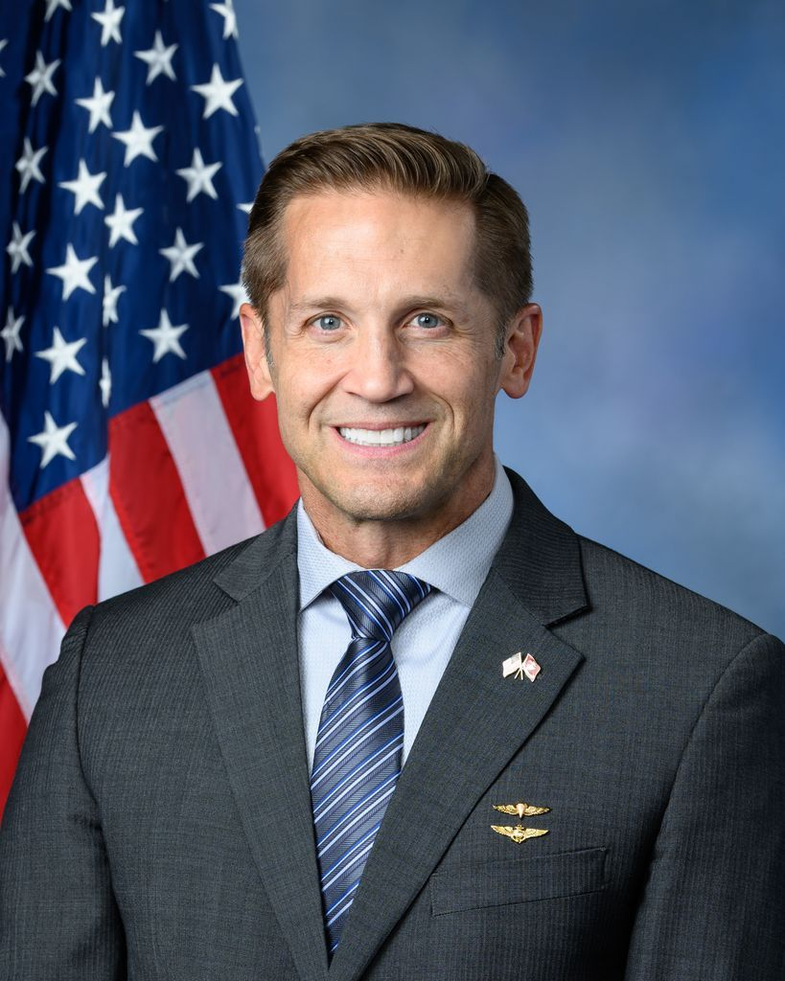H.R. 4871: COVID–19 Military Backpay Act of 2025
This bill, known as the COVID–19 Military Backpay Act of 2025, aims to provide legal remedies for members of the armed forces who were discharged because they did not comply with a COVID-19 vaccination mandate. Here are the key components of the bill:
Definitions
- Benefit: Refers to various benefits available under U.S. law, including retirement points, medical care, and educational assistance.
- Covered Discharge: Includes discharges related to a member's noncompliance with the COVID-19 vaccination mandate, cancellations of active-duty orders, and transfers to inactive status.
- Covered Member: Individuals who were active or reserve members of the armed forces and subject to the vaccination mandate.
- COVID-19 Vaccination Mandate: The requirement for armed service members to receive a COVID-19 vaccine as initiated by the Department of Defense.
- Uniformed Services: Public law definition referring to the armed forces.
Civil Actions
- Covered members can file a civil suit in the Court of Federal Claims to contest the legitimacy of their discharge.
- If claiming involuntary discharge, it cannot be defended by stating it was voluntary if the discharge stemmed directly from noncompliance with the vaccination mandate.
- Specific documentation stating the discharge was for government convenience, inability to deploy, or misconduct provides conclusive evidence of involuntary discharge.
Remedies
If a member is found to have been unlawfully or involuntarily discharged, various remedies will be made available:
- Monetary Remedies:
- Members who belonged to reserve components may receive compensation for training they missed due to their discharge.
- Any payment for missed training will not be reduced by civilian pay they may have received after discharge.
- Other Remedies:
- Members will be treated as if they served the full term from the date of discharge through the end of their enlistment, allowing for potential benefits related to service time.
- If they would have completed 20 or 18 years of service, they would be considered as having fulfilled these requirements for retirement benefits.
- Eligibility to reenlist or extend service is retained, regardless of discharge documentation.
- Involuntary separation pay will be provided based on service time and rank, including the duration from the discharge through the end of the service term.
Legal Jurisdiction
The Court of Federal Claims will have jurisdiction over all civil actions related to covered discharges despite previous laws that might restrict such claims.
Coordination with Executive Order
The remedies provided in this bill are in addition to those available through existing executive orders aimed at reinstating affected service members.
Applicability
This legislation applies to all claims regarding covered discharges that are pending after its enactment.
Relevant Companies
None found
This is an AI-generated summary of the bill text. There may be mistakes.
Sponsors
6 bill sponsors
Actions
2 actions
| Date | Action |
|---|---|
| Aug. 01, 2025 | Introduced in House |
| Aug. 01, 2025 | Referred to the Committee on the Judiciary, and in addition to the Committee on Armed Services, for a period to be subsequently determined by the Speaker, in each case for consideration of such provisions as fall within the jurisdiction of the committee concerned. |
Corporate Lobbying
0 companies lobbying
None found.
* Note that there can be significant delays in lobbying disclosures, and our data may be incomplete.
Potentially Relevant Congressional Stock Trades
No relevant congressional stock trades found.





